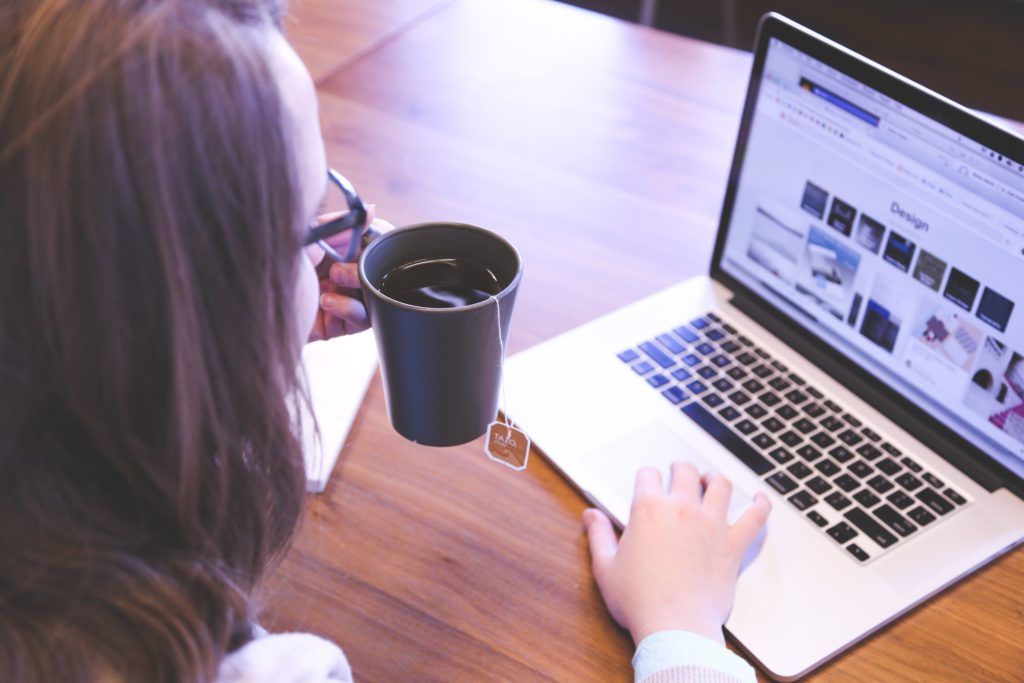
Organising online during coronavirus
Organising Online
Like everything else at the moment, organising in your local group is going to look and feel a bit different during this time.
The capacity of your group might have reduced as people deal with more immediate concerns, such as caring for family and neighbours. Some of your campaign and event plans may have been postponed or cancelled, or not feel relevant at all any more.
However, community support and people power is just as important as ever. We need to organise together to ensure people in our community are getting the care they need, and be ready to push for a recovery that is fair for people and planet.
So prepare for things to feel a bit odd as people get used to new technology, check in with your group and check out our top tips for continuing to organise online.

Holding a meeting
The first issue to overcome is how to organise a meeting when you can’t physically ‘meet’. Like concerts, exercise classes and schools, we can also take our organising online.
Setting up the meeting
At FoES we use a programme called Zoom, which is a video calling software.
We have paid accounts that we can lend out to local groups for meetings and events.
Ask for a link for the time of your meeting by emailing activism@foe.scot
Send that link to your group members and ask them to click the link 10 minutes in advance of the meeting.
Read this guide to using Zoom or set up a trial meeting or tutorial with Kate so you get used to the technology
Create an agenda in a shared document (Google Docs is great for this), make it possible for others in your group to suggest or edit (by clicking ‘share’ in the top right hand corner) and share the link with your group.
Tips for holding the meeting
- Spend 5 minutes at the start going through useful features of Zoom (particularly chat and mute/unmuting)
- Do a go round at the start to give everyone a chance to check their microphone and practice unmuting/muting. Ask people to ‘pass on’ to another person to keep the go round moving.
- Assign a facilitator (super important for online meetings where it’s hard to read each other’s body language and not talk over each other!). If there are quite a few of you, use the chat to indicate when someone wants to speak by putting an * in the chat box. You can also use other symbols such as +++ to show agreement and — to show disagreement. As well as agreeing any other symbols that are useful for your group.
- Assign a minute taker. Make sure they take minutes in the collective google document so people can follow along if needed.
- Take regular breaks – it can be hard to concentrate on a screen for long periods of time
- Remember your facilitation skills! Summarising and helping people follow the thread of the conversation is crucial in online meetings.
- For those who are comfortable with Zoom you can try some other tools mentioned here
Common issues
- Background noise: mute when not speaking
- Feedback: try wearing headphones
- Audio or video not working: click up arrows in the bottom left hand corner (next to where it says mute and stop/start video) and ensure the right microphone and camera are selected. If it still doesn’t work, try leaving and coming back to the meeting.
Privacy
- With many events moving online there have been some security issues with unwelcome people joining Zoom meetings.
- For this reason we have altered the settings on our FoES zoom accounts to ensure that no-one can share unwanted files with others, only the host can share their screen and the host can remove people from the meeting.
- On top of this we would recommend only sharing the link to your meeting with people who are attending, or on private email lists, rather than on public websites or Facebook pages.
Keeping your group together
Without regular in person meetings and with some of your campaigns delayed or disrupted by the current crisis it may feel more difficult to keep your group together
Establish a communication platform
We have created a People Power Network space on Slack for activists to connect across the country and share resources and ideas. Slack is a forum where its easy to share and keep track of discussions and resources. See this guide on using Slack and join the channel here
Some groups use WhatsApp or other messaging platforms to have a more friendly and faster method of communication with group members. Others have an open email list where everyone can contact each other. Google Groups is good for this.
Find fun and creative ways to engage with each other
Can your group share photos from your daily walks or your favourite books/TV shows? Could you set up a weekly book club or hold an online pub quiz?
Getting new people involved
One of the biggest challenges is engaging with new people during this time. For some, this isn’t the time to get involved in a new group, but for others they may be searching for community and connection.
Ideas for reaching new people
- Reaching out to people who have dropped away from your group for whatever reason to check in on them and offer them to attend a social space or communication channel.
- Holding a public event (workshop or webinar) online. Email for more information about how to do this at activism [at ]foe.scot
- Posting in one of the local solidarity Facebook pages about upcoming events or meetings for those who want to connect with others
Further support
Many people have been putting together guides and tips about how to organise online during this time, we have pulled together some of these resources here so you can do more research if you want:
Simple slack guide on YouTube
Simple zoom guide here
Tips on how to keep your Zoom call secure here
NEON have created a thorough list of resources on the NEON website
